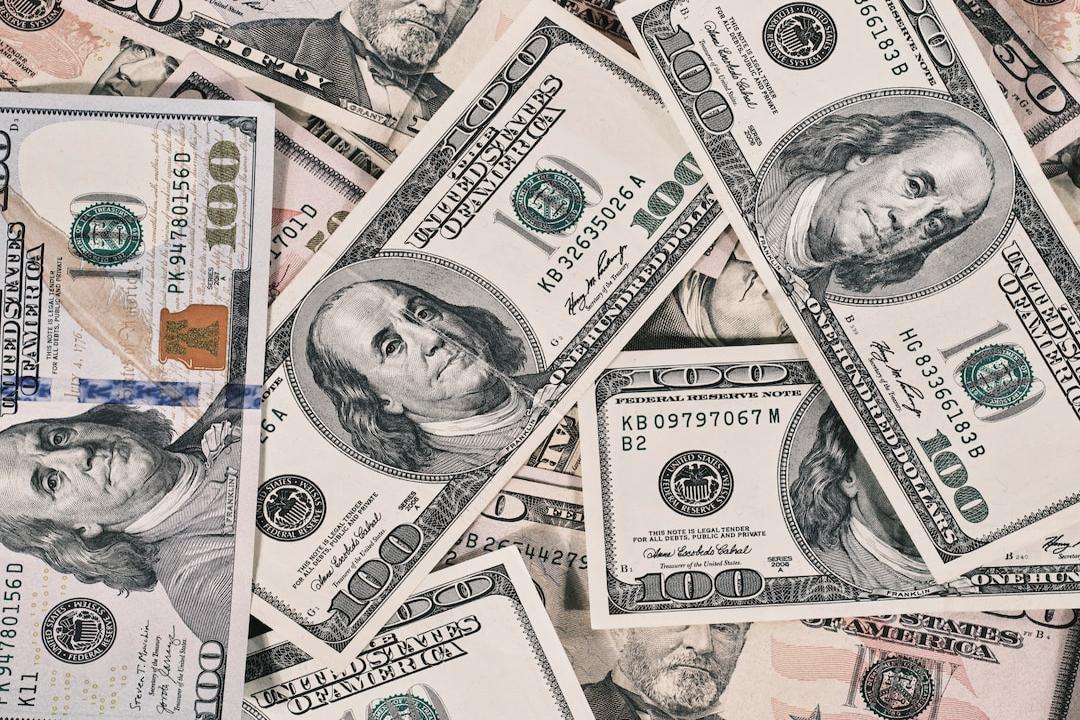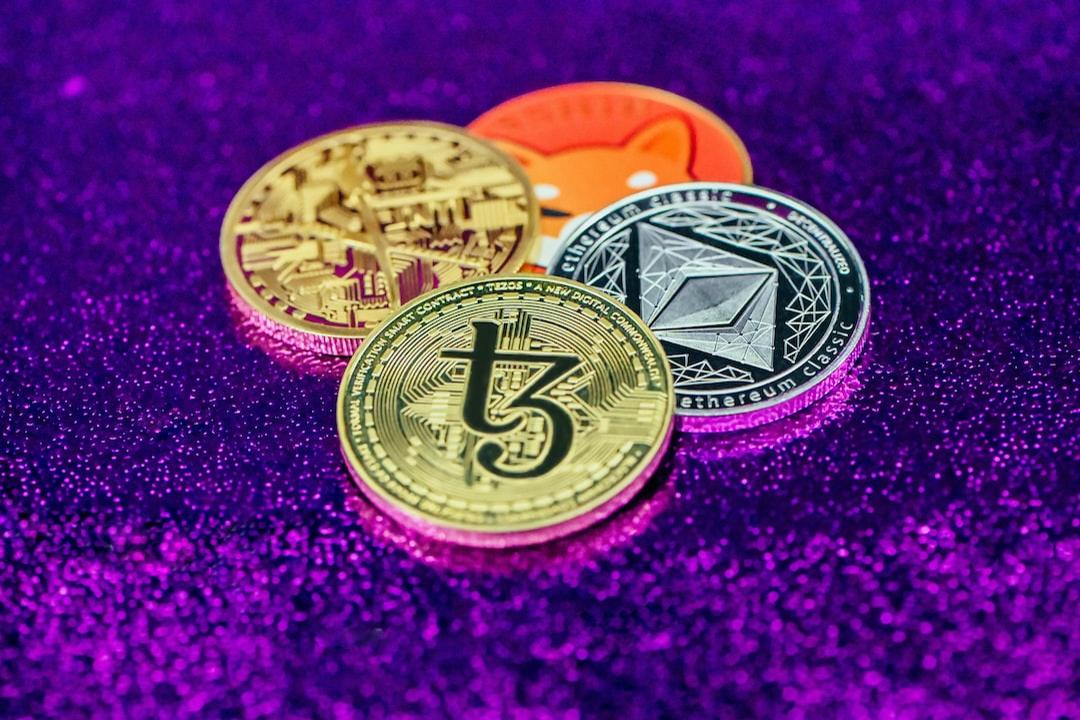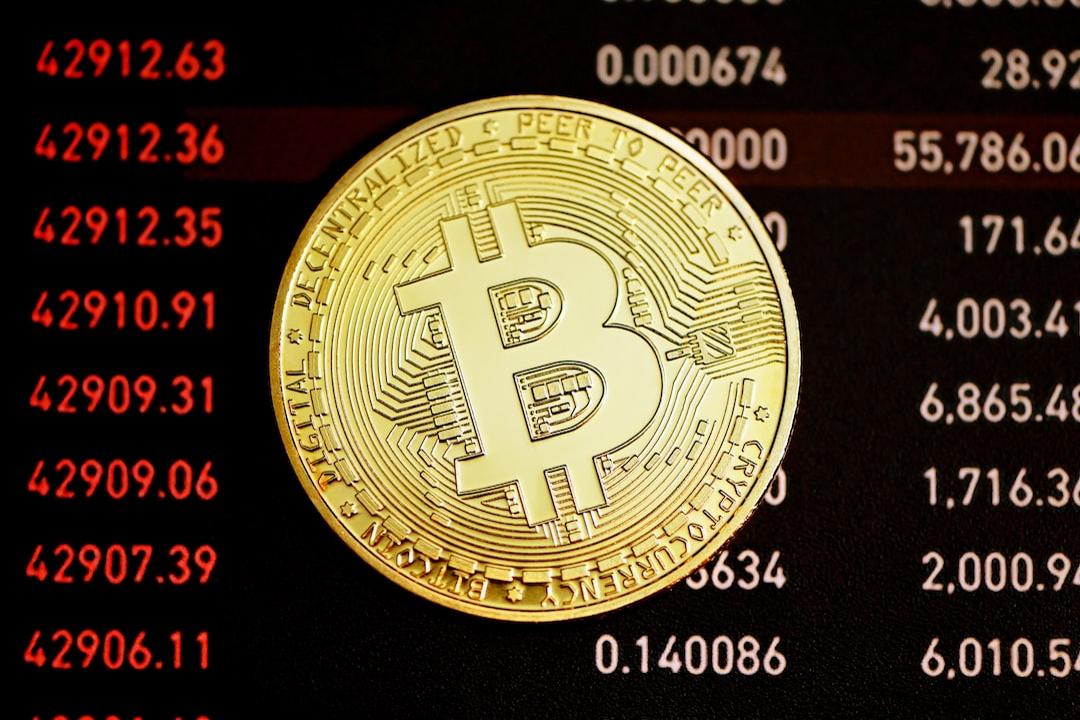This tariff storm exposes the impact of policy uncertainty on market confidence, leading to a rare collective grumbling from Wall Street.
(Background: Trump imposes a 104% tariff on China! Bitcoin plunges by 75,000, the Dow opens up 1,400 points before declining, and the S&P falls below the 5,000 mark.)
(Context: Who is pushing tariffs behind Trump: economist Navarro, the “hawkish” voice.)
Billionaire Bill Ackman, founder of Pershing Square, has warned world leaders: “Don’t wait until war to negotiate; call the President now.” Ackman’s warning is not merely an exaggeration—it feels like a plea.
A few days ago, President Trump’s tariff plan was like a heavy bomb, wreaking havoc on global markets, causing the U.S. stock market to evaporate $6 trillion in value within a week, with the Dow Jones experiencing its largest intraday fluctuation of 2,595 points on Monday. Oil prices fell, interest rates dropped, and inflation concerns lingered. Trump confidently declared on Truth Social that “tariffs are a wonderful thing,” but Wall Street titans were restless, taking to the mic and creating a symphony of tariff discontent.
On April 6, 2025, Ackman tweeted: “By imposing massive and disproportionate tariffs on our friends and enemies, we are simultaneously waging a global economic war. We are heading toward a self-induced economic nuclear winter.”

In the face of the Trump administration’s escalating tariff policies, Ackman is not the only one sounding the alarm. Many Wall Street moguls have publicly opposed the expansionary tariff policies, even those who once supported him or hoped for deregulation and economic growth under his administration.
Former Goldman Sachs CEO Lloyd Blankfein raised the question: “Why not give them a chance?” suggesting that Trump should allow countries to negotiate “reciprocal” tariff rates.
Others, including Boaz Weinstein, Ross Gerber, CEO and President of Gerber Kawasaki, and Jamie Dimon, CEO of JPMorgan Chase, also voiced their concerns. Weinstein predicted that “the avalanche has really just begun.” Dimon bluntly stated: “The sooner this issue is resolved, the better, because negative effects will accumulate over time and be difficult to reverse,” warning that the long-term economic alliance of the U.S. could face catastrophic fractures. Gerber referred to President Donald Trump’s tariff policy as “destructive,” claiming it could lead to economic recession.
It is evident that even those accustomed to market volatility, and even those who once supported Trump, are beginning to worry that this tariff war could trigger uncontrollable chain reactions.

Increasing criticism arises as Trump shows no signs of retracting the punitive trade reforms set to begin on April 9. Markets can tolerate uncertainty but cannot abide “policy speculation” based on power. Wall Street’s collective voice this time underscores capital’s unwillingness to gamble on political whims.
Howard Marks, co-chairman of Oaktree Capital, pointed out in a Bloomberg interview that tariff policies have altered the existing patterns of global trade and economics, making the market environment more complex. Investors must consider a series of unknown variables, such as inflation triggered by tariffs, supply chain disruptions, retaliatory measures from trade partners, and the potential impact of these factors on economic growth and asset prices.
Marks’ warning reveals the anxiety permeating the entire professional investment community. When policy dominance supersedes market rules, traditional analytical frameworks become ineffective, and even the most seasoned fund managers must relearn how to place bets in a global economic game.
As of April 3, 2025, Wall Street’s stance on Trump’s tariff policy remains divided. Bulls like Fundstrat and Treasury Secretary Scott Bessent believe that the market’s previous adjustments were overdone, and once the policy direction becomes clear, it may trigger a “V-shaped recovery.” Conversely, bears warn of heightened risks, with Yardeni Research likening tariffs to a “wrecking ball,” Goldman Sachs raising the likelihood of a U.S. recession to 35%, and LPL and Wedbush expressing concerns over stagflation, pressures on corporate profits, and the automotive industry facing severe blows.
Meanwhile, moderates emphasize risk management, noting that some of the negative impacts have already been priced in, with the subsequent trends largely depending on the enforcement of tariffs and the actual resilience of the manufacturing sector. However, as market volatility escalates and panic sets in, the previously cautious voices have begun to shift, with growing criticism of Trump’s tariff policies.

Despite Ken Fisher’s scathing criticism of Trump’s tariff plan launched in early April as “foolish, wrong, and extremely arrogant,” he maintains a consistently optimistic outlook. He believes that “fear is often worse than reality,” suggesting that this turmoil may simply be a market correction similar to that of 1998, potentially yielding an annual return of up to 26%.
Steve Eisman, known for shorting the subprime mortgage crisis and the prototype of “The Big Short,” warns that the market has yet to fully reflect the worst-case scenario of Trump’s tariff policies and that now is not the time to “play the hero.” He bluntly states that Wall Street has relied too heavily on the old normalization of “free trade is beneficial,” and in the face of a president who breaks with tradition, it is inevitable to feel at a loss.
He admits to suffering significant losses from long positions and points out that the market is filled with “the grievances of losers.” Eisman also emphasizes that current policies attempt to address the groups overlooked by free trade, and Wall Street should not be surprised by this, as Trump “has long said he would do so; it’s just that no one took him seriously.”
Amidst the clamoring voices, Treasury Secretary Scott Bessent emphasized that tariffs are essentially a negotiation leverage that aims to “maximize leverage,” rather than being a long-term economic barrier. He countered, “If tariffs are really that bad, why are our trading partners using them too? If they only hurt American consumers, why are they so anxious?” In his view, this is a backlash against China’s “low-cost, slave labor, and subsidies” system.
However, in reality, Bessent seems not to play a crucial role in decision-making, appearing more like a “spokesperson” used to appease the market within the government, and the drastic fluctuations triggered by tariffs have already raised alarms within the White House.
This tariff storm exposes the impact of policy uncertainty on market confidence, leading to a rare collective grumbling from Wall Street. Regardless of positions, the majority of voices are questioning or even angrily criticizing the radical and hasty nature of the policies. Behind the divisions lies widespread dissatisfaction with the logic and execution pace of the policies, and what truly needs to be discussed is perhaps how to rebuild confidence amidst the chaos.



